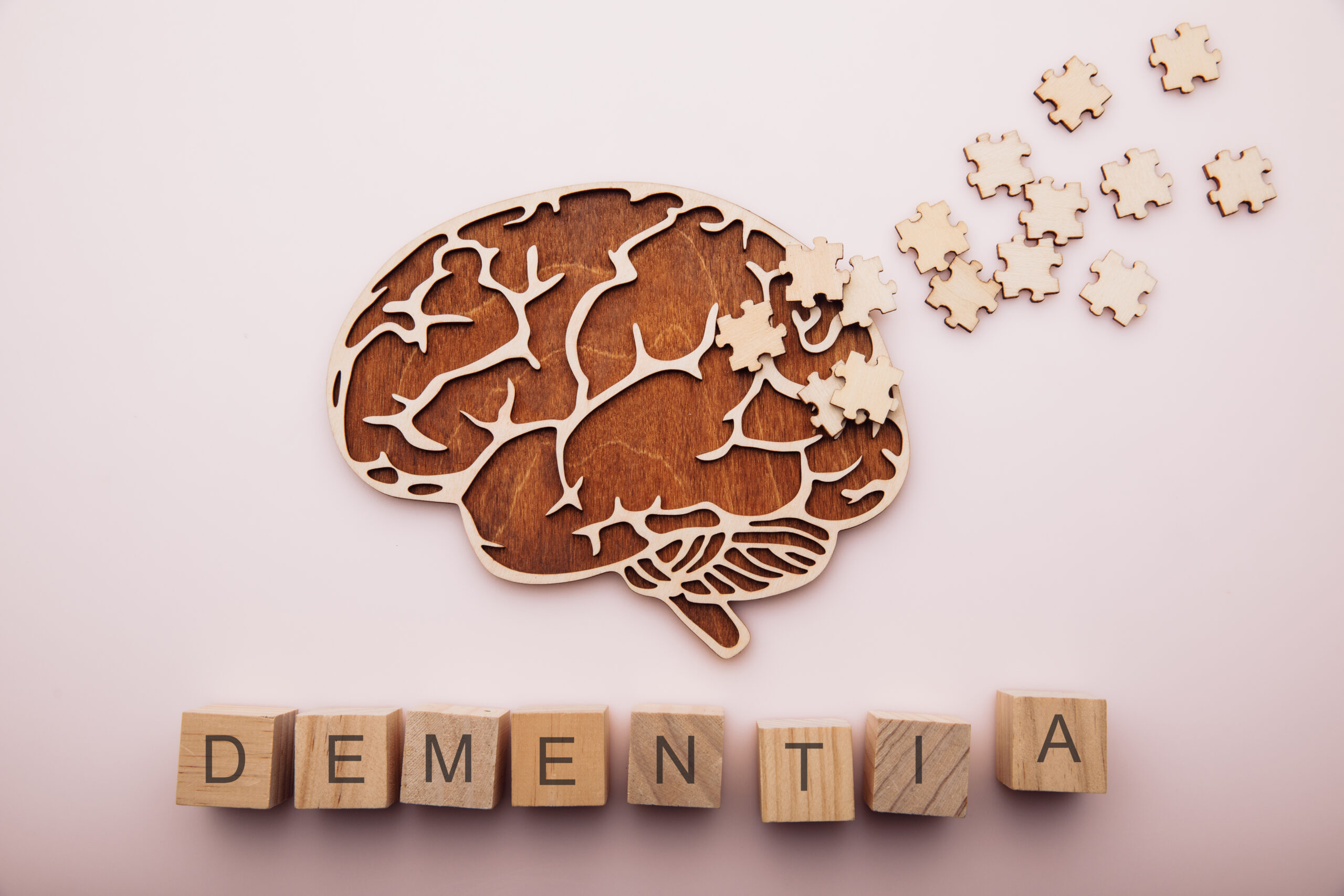Table of Contents

Recent research reveals that up to 45% of dementia cases could be prevented through lifestyle modifications, offering hope to millions at risk of cognitive decline.
At a Glance
- Comprehensive lifestyle changes can significantly improve cognition in patients with mild cognitive impairment or early Alzheimer's disease
- A combination of healthy behaviors—including exercise, diet, cognitive stimulation, and social engagement—reduces Alzheimer's risk by up to 60%
- Managing vascular risk factors like high blood pressure, cholesterol, and diabetes is crucial for brain health
- Dementia cases are expected to triple in the next 30 years, making prevention increasingly important
- Addressing 14 modifiable risk factors could prevent nearly half of all dementia cases worldwide
The Scientific Evidence for Lifestyle Interventions
A growing body of research confirms that the choices we make daily can significantly impact our brain health and dementia risk. According to a recent study published in Alzheimer's Research & Therapy, intensive lifestyle modifications can improve cognitive function even in those already experiencing mild memory problems. The scientific consensus is clear: what benefits cardiovascular health also protects brain function, creating multiple pathways to reduce dementia risk through daily habits and choices.
The Lancet Commission on Dementia Prevention has identified 12 modifiable risk factors responsible for approximately 40% of worldwide dementia cases. More recently, this list expanded to 14 factors that, if addressed, could prevent up to 45% of cases. This highlights the tremendous potential of prevention strategies compared to current pharmaceutical approaches, which have shown limited effectiveness in treating established disease.
Key Components of a Brain-Healthy Lifestyle
Physical activity stands as perhaps the most powerful intervention for brain health. Regular exercise, combining both aerobic and strength-building activities, improves blood flow to the brain, reduces inflammation, and stimulates the growth of new neural connections. The World Health Organization recommends at least 150 minutes of moderate-intensity physical activity weekly, a guideline that applies to people of all ages and abilities with appropriate modifications.
Dietary patterns significantly influence dementia risk. High consumption of vegetables, fruits, whole grains, fish, and omega-3 fatty acids appears protective, while diets high in saturated fats, trans fats, and refined sugars may increase risk. The Mediterranean and MIND diets, which emphasize plant foods, lean proteins, and healthy fats, have shown particular promise in supporting cognitive health across numerous studies.
Managing Vascular Risk Factors
Vascular health plays a crucial role in brain function. High blood pressure, elevated cholesterol, and diabetes all damage blood vessels throughout the body, including those supplying the brain. This vascular damage contributes directly to vascular dementia and appears to accelerate Alzheimer's disease processes. Controlling these conditions through medication and lifestyle changes significantly reduces dementia risk, making regular health screenings essential for early intervention.
Smoking cessation offers immediate benefits for brain health at any age. Tobacco use increases dementia risk through multiple mechanisms, including reduced oxygen delivery to the brain, increased inflammation, and accelerated vascular damage. While quitting cannot reverse existing damage, it prevents further harm and allows natural healing processes to begin. Support programs and medications can make quitting more achievable, even for long-term smokers.
Social and Cognitive Engagement
Social isolation and depression have emerged as significant dementia risk factors, comparable in impact to physical health conditions. Regular social interaction, meaningful relationships, and community engagement provide cognitive stimulation and emotional support that appear protective against cognitive decline. For those experiencing depression, appropriate treatment not only improves quality of life but may reduce dementia risk.
https://twitter.com/VamanuAlbert/status/1846861884886024325
Cognitive stimulation through mentally challenging activities builds cognitive reserve—the brain's ability to compensate for age-related changes or pathology. Reading, puzzles, learning new skills, playing musical instruments, and other mentally engaging activities all contribute to this protective effect. The most beneficial activities are those that provide novelty, challenge, and personal interest rather than passive entertainment.
The Importance of a Comprehensive Approach
Research increasingly shows that multidomain interventions addressing several risk factors simultaneously produce greater benefits than focusing on single factors. A landmark study involving nearly 3,000 participants found that those adhering to four or five healthy behaviors had a remarkable 60% lower risk of developing Alzheimer's disease compared to those following none or only one. This dramatic risk reduction demonstrates the synergistic effect of combined lifestyle approaches.
With dementia cases projected to triple in the next three decades, prevention through lifestyle modification offers the most promising approach to reducing this growing public health burden. While age and genetic factors cannot be changed, focusing on modifiable risk factors empowers individuals to take meaningful actions to protect their cognitive health, regardless of age or current health status.
